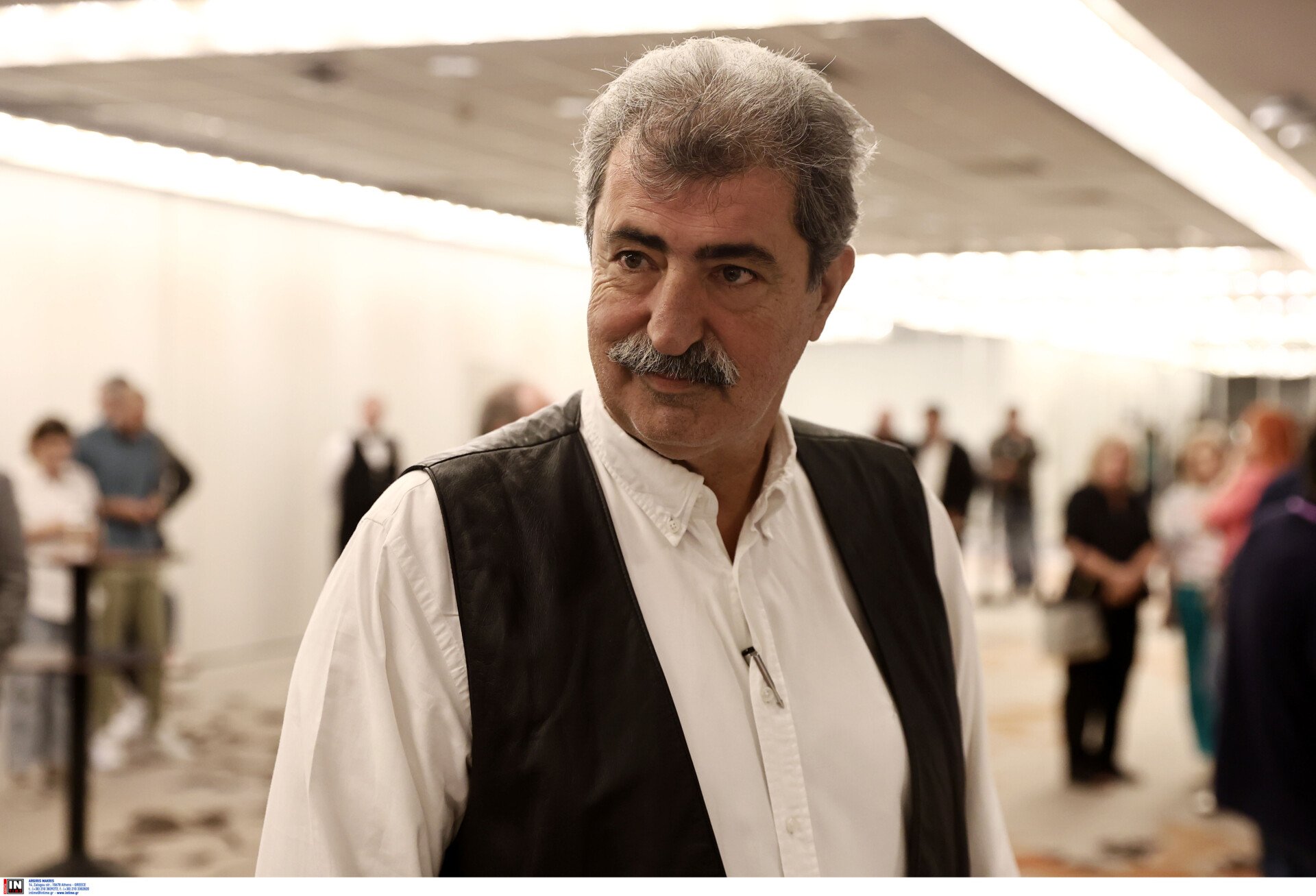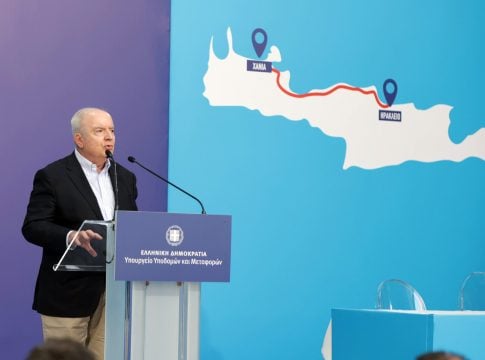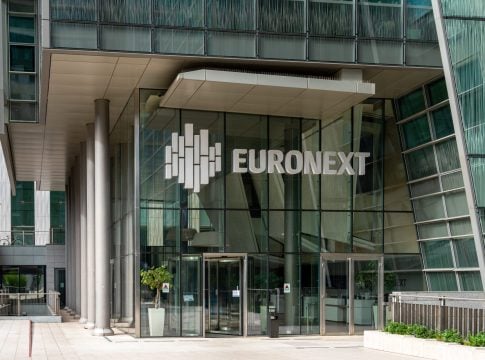The Foundation for Economic and Industrial Research (ΙΟΒΕ) presented a report on “The Contribution of Golf to the Greek Economy.”
The report examined the importance and benefits of the development of golf in the Greek economy, recorded the basic figures of the sport internationally and in Greece, identified the direct and indirect effects of the development of golf in Greece in terms of GDP, employment and tax revenues, while analyzing the impact on tourism, the housing market and local communities.
According to IOBE, Greece lags behind in the development of golf despite the importance of the sport for tourism and the qualitative upgrading of the tourism product.
More specifically, Greece has only 10 golf courses, while Portugal, a European country of similar size, has 113 courses, enjoying significant benefits in both revenue and employment.
The development of golf in Greece could extend the tourist season and attract high-income visitors, while also boosting the real estate market and stimulating local economies.
Golf is a particularly dynamic market worldwide, with more than 62.3 million athletes and 38,000 golf courses. In addition to being a popular sport in many countries, its connection with tourism is important.
The demand for high-standard facilities, the ability to travel throughout the year, and the high income level, are the main characteristics of golf visitors. Golf contributes to mitigating the intense seasonality of tourism, as the main period of engagement with the sport is usually recorded in the period from October to May, thus complementing the main tourist season.















